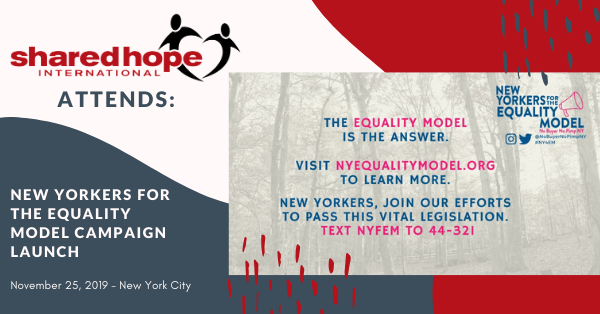
On Monday, I had the privilege of attending the New Yorkers for the Equality Model Campaign Launch hosted by The Survivor Leaders of New Yorkers for the Equality Model. New Yorkers for the Equality Model is a, “survivor-led alliance made up of more than 30 advocates, prostitution and sex trafficking survivors, and organizational partners seeking to implement the Equality Model, decriminalizing only individuals in prostitution, in New York State” (equalitymodelny.org/who-we-are). The Campaign Launch event announced the forthcoming legislation sponsored by Assemblymember Tremaine Wright and Senator Liz Krueger and a campaign advocating for the Equality Model Approach in the state of New York.
The Equality Model being proposed in New York State will have a five-pronged legal approach that addresses repealing current laws that call for arresting people in prostitution, providing trauma-informed services for those wishing to exit the sex trade, penalizing buyers, continuing to criminalize pimps, traffickers, brothel owners and illicit massage parlor owners and a commitment to community education. For more information on their approach, please visit: https://www.equalitymodelny.org/equality-model
The forthcoming Equality Model legislation is partly in response to recent legislation introduced this summer in NY with the intent to decriminalize sex work. The coalition DecrimNY is advocating for the bill. A similar bill was recently disputed in Washington D.C. Click here to read Shared Hope’s Testimony in Opposition to D.C. Bill 23-0318. Shared Hope has also recently updated it’s Seeking Justice Toolkit in the Stop the InJuSTice campaign, a resource available to help end the criminalization of child sex trafficking victims. View the updated Seeking Justice Toolkit here.
At the Launch Campaign, a closed panel discussion focused on “The Links between Sex Trafficking & Prostitution.” Panelists discussed the difference between the Equality Model and the Full Decriminalization/Decrim/Legalization Model. A handout summarizing these differences can be found here. The panel also addressed questions about consent, systems that perpetuate exploitation and oppression, how prostitution and the #metoo movement are connected and how we discuss systems of prostitution in our communities and within our generations.
Organizers invited attendees to support the campaign on social media. Posters were displayed throughout the event with hashtags for guests to utilize in their social media posts about the campaign launch.
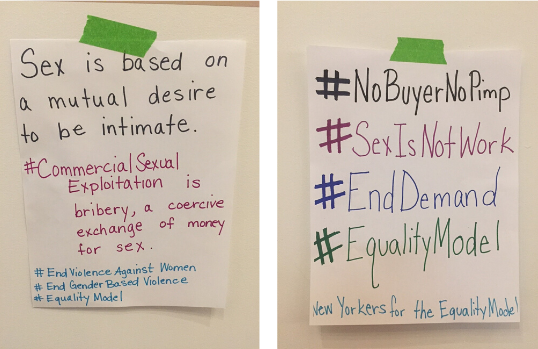
For more information on how to support the New Yorkers for the Equality Model visit: https://www.equalitymodelny.org/ You can also follow them on twitter @NoBuyerNoPimpNY
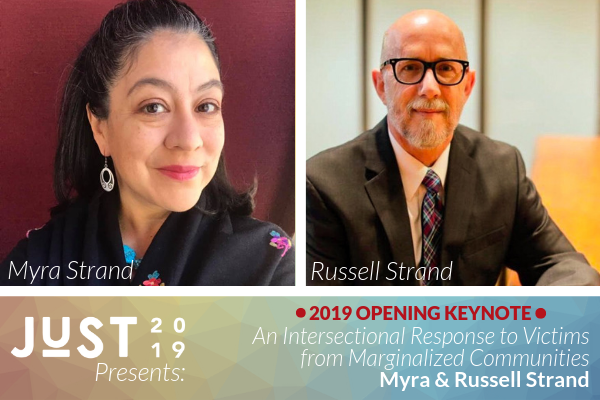
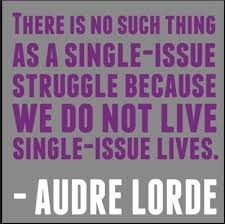 In our society, marginalized individuals are at a higher risk for victimization (domestic violence, rape and sexual assault), abuse, trafficking. Marginalization is the process in which an individual or a group is kept (both with or without intention) in a powerless position within a society because they do not have identities that naturally warrant an active voice or place of status within it.
In our society, marginalized individuals are at a higher risk for victimization (domestic violence, rape and sexual assault), abuse, trafficking. Marginalization is the process in which an individual or a group is kept (both with or without intention) in a powerless position within a society because they do not have identities that naturally warrant an active voice or place of status within it.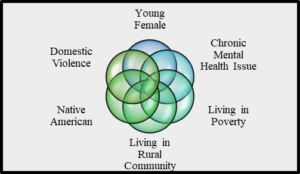 She is a young Native American female living on a rural reservation in deep poverty with chronic mental health issues and a partner who practices violence in his relationship.
She is a young Native American female living on a rural reservation in deep poverty with chronic mental health issues and a partner who practices violence in his relationship.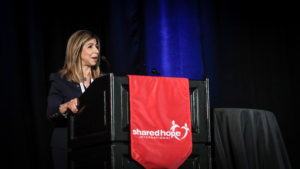
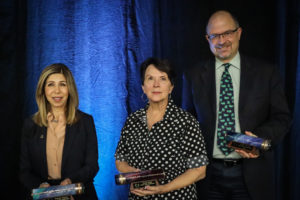

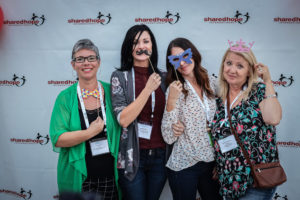
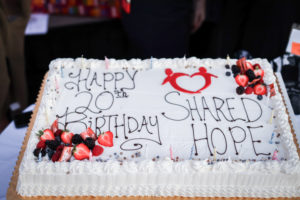
 This year Shared Hope also announced it’s 2019 location, the
This year Shared Hope also announced it’s 2019 location, the 






